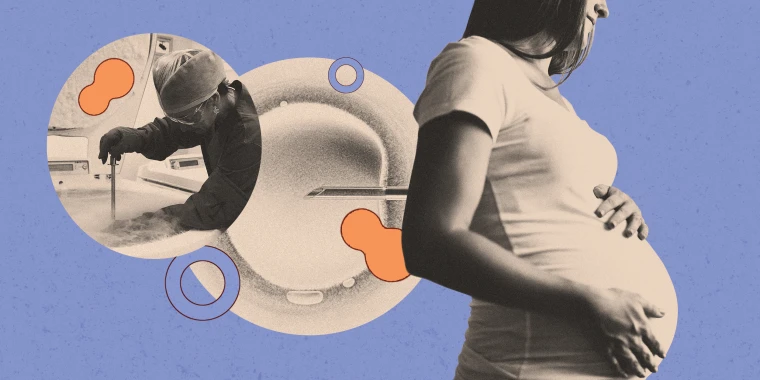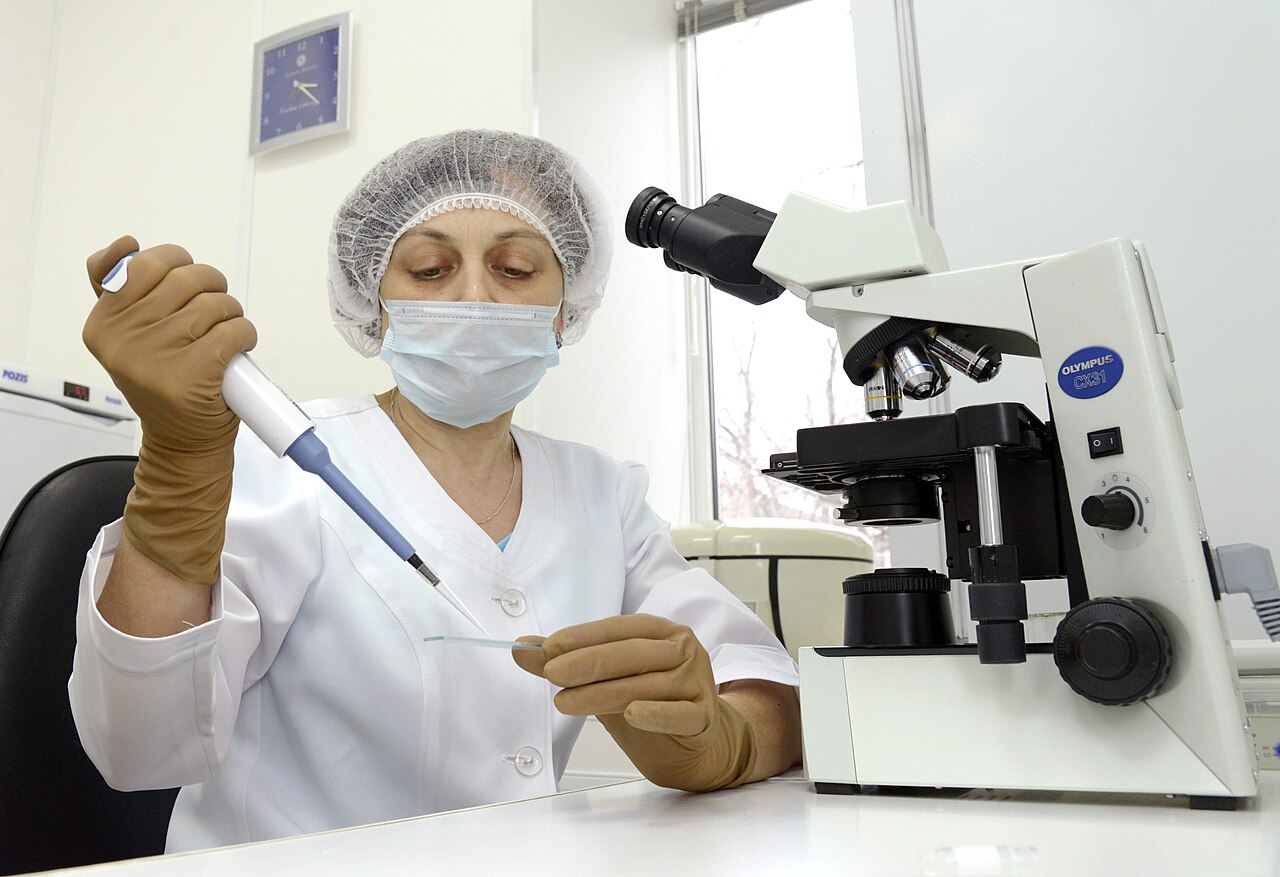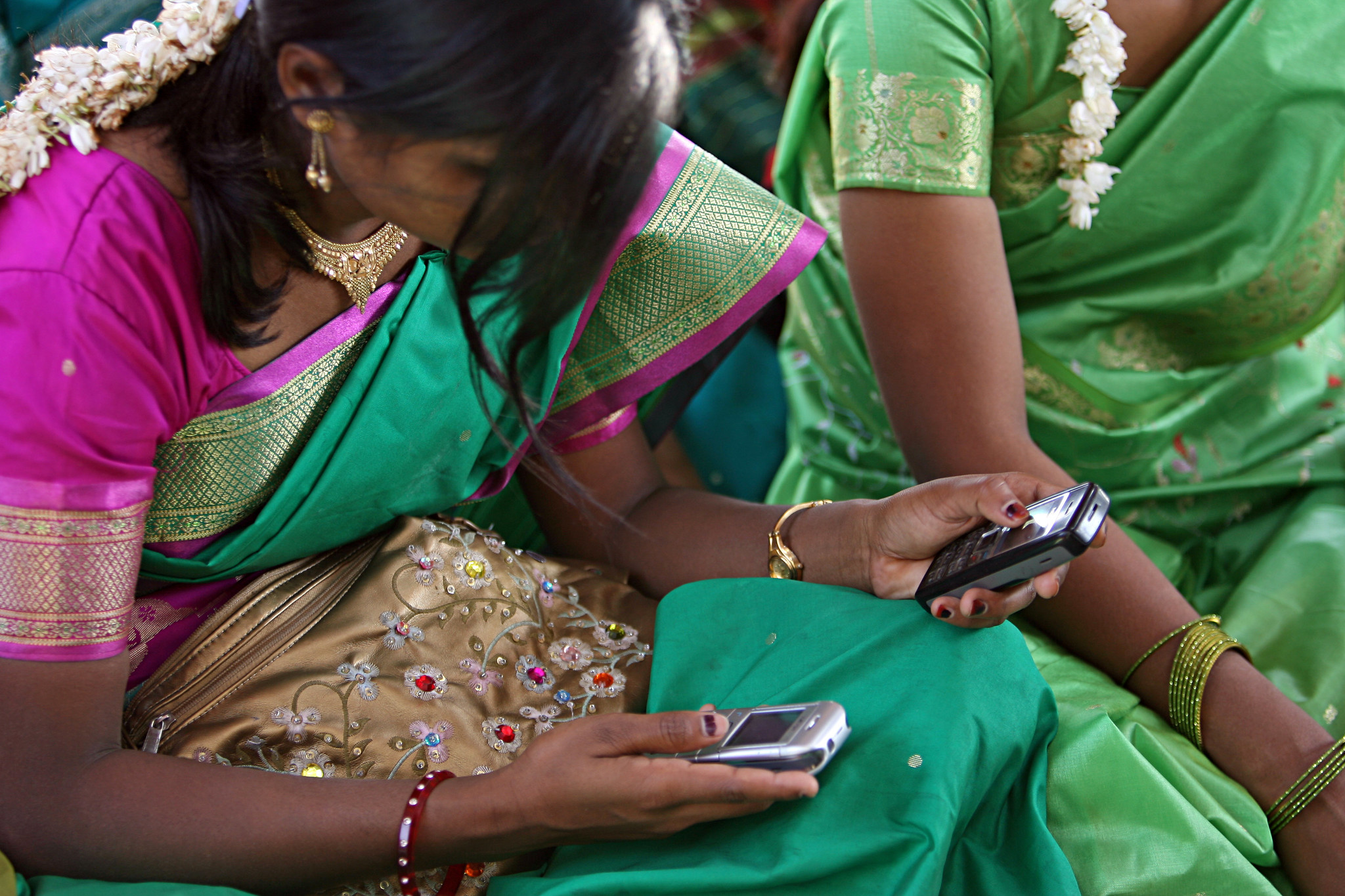Advances in medicine and technology have brought significant changes in the health industry, with a growing market in women’s fertility. Fertility preservation technologies were developed as a means to provide alternatives for biological childbearing due to infertility as a side effect of some aggressive cancer treatments. Various procedures for both men and women developed including the removal, preservation, and storage of biological reproductive materials to use in the future.
However, fertility preservation technologies that involve the cryopreservation of reproductive materials can also be used in the context of cancer-related risks. These technologies are increasingly available to individuals who wish to guard their reproductive abilities against other factors, such as age-related complications.
Egg freezing falls under this methodology of fertility preservation targeted towards individuals with ovaries, especially women. Egg freezing allows to freeze their younger and healthier eggs, if they are unable to conceive a child ‘naturally’, that is, without medical assistance. Currently, the terminology around egg freezing differentiates it into two categories, which fall under the motivation behind it.
Medical egg freezing refers to the procedure undertaken by people who are diagnosed with cancer or other serious diseases, where its treatment may damage their reproductive organs. Thus, medical egg freezing is undertaken when women and people with ovaries are forced to consider this choice in part by a medical condition or disease. Social egg freezing, on the other hand, refers to the procedure available for others, and may imply how people’s, particularly women’s reproductive choices are socially embedded and cannot be understood in isolation.
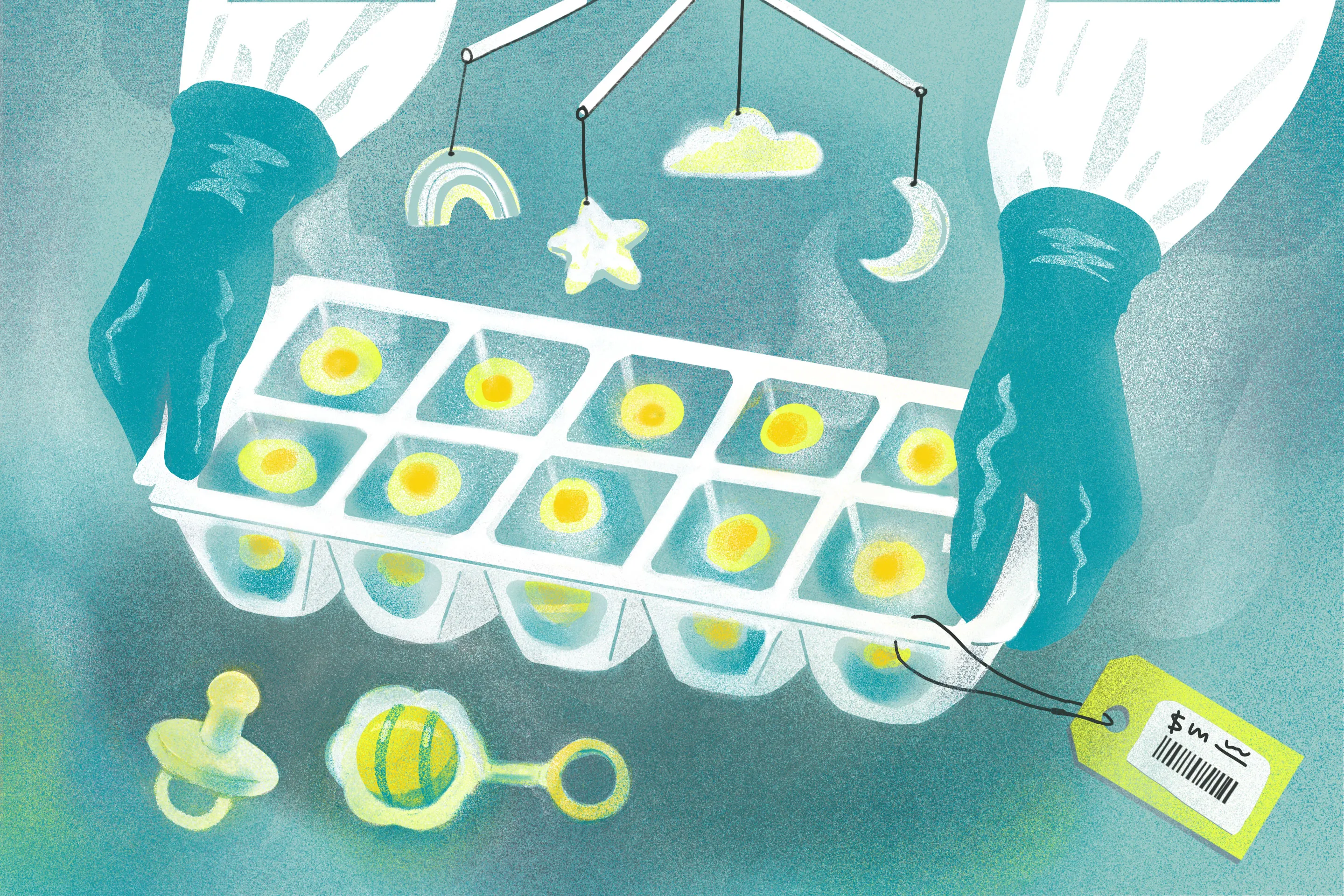
Social egg freezing has observed increased popularity in developed economies for women, who may for a variety of choices, wish to delay their attempts at childbearing. Women may, due to reasons of the lack of a stable partner, financial security, careers, and other personal reasons, wish to maintain the option of childbearing even in later years, and egg freezing is one of the means to do so.
Becoming parents has strong social value in our society. For many, it may mean producing and raising children with strong genetic links. Thus egg freezing, like other fertility preservation technologies, allows women to expand their reproductive options with greater control, as well as satisfy their desires for a genetically related child. Moreover, it allows some to become parents who were otherwise not able to or previously not willing to.
egg freezing may present itself as a viable alternative for women who wish to ‘have it all’, and allow them greater control over their reproductive choices. This also allows them more time to seek a suitable partner without dreading the ticking of their biological clock, perhaps providing a peace of mind of sorts. Researchers from the Centre for Reproductive and Genetic Health argue that “Women should no longer be punished with childlessness for not finding a partner, nor should they feel pressured into a relationship because of their declining ovarian reserve“
However, egg freezing and its implications on the health of women, as well as its social and economic implications need further research and exploration. At the forefront is the health risks associated with egg freezing. The most important medical risk is due to ovarian stimulation, which involves hormonal treatment to stimulate egg production, which can sometimes lead to ovarian hyperstimulation syndrome.
“Mild-to-moderate ovarian hyperstimulation syndrome involves fatigue, nausea, headaches, abdominal pain, breast tenderness, and irritability, but these adverse effects can usually be well-controlled. However, 0.1–2 per cent of patients may experience severe ovarian hyperstimulation syndrome, resulting in blood clots, shortness of breath, abdominal pain, dehydration, and vomiting that necessitates admission to the hospital. In rare instances, death can result.”
Then these women have to undergo surgery to retrieve the eggs. Beyond this risk, there is little information or research on the health effects of this surgery, partly due to a lack of oversight as well as interest in longitudinal studies. Additionally, these studies are trans-exclusive and barely holistic.
The procedure also observes extreme inequality with regard to accessibility. Egg freezing is extremely expensive during the extraction process as well as the period of storage, without considering the additional costs of actually using those eggs. Very few individuals, especially women, have the financial capabilities or through their insurance can cover the associate costs. Thus, it provides the option of some measure of reproductive control to women of a certain economic class.
The procedure currently has relatively low success rates with a 27 per cent rate of pregnancy. Thus, anyone wishing to undergo such a procedure must be able to make an informed choice with a balanced overview of all the costs, risks, and success rates.
Also read: Infertility Advertisements: Reinforcing Gender Roles Through Reproductive Desire
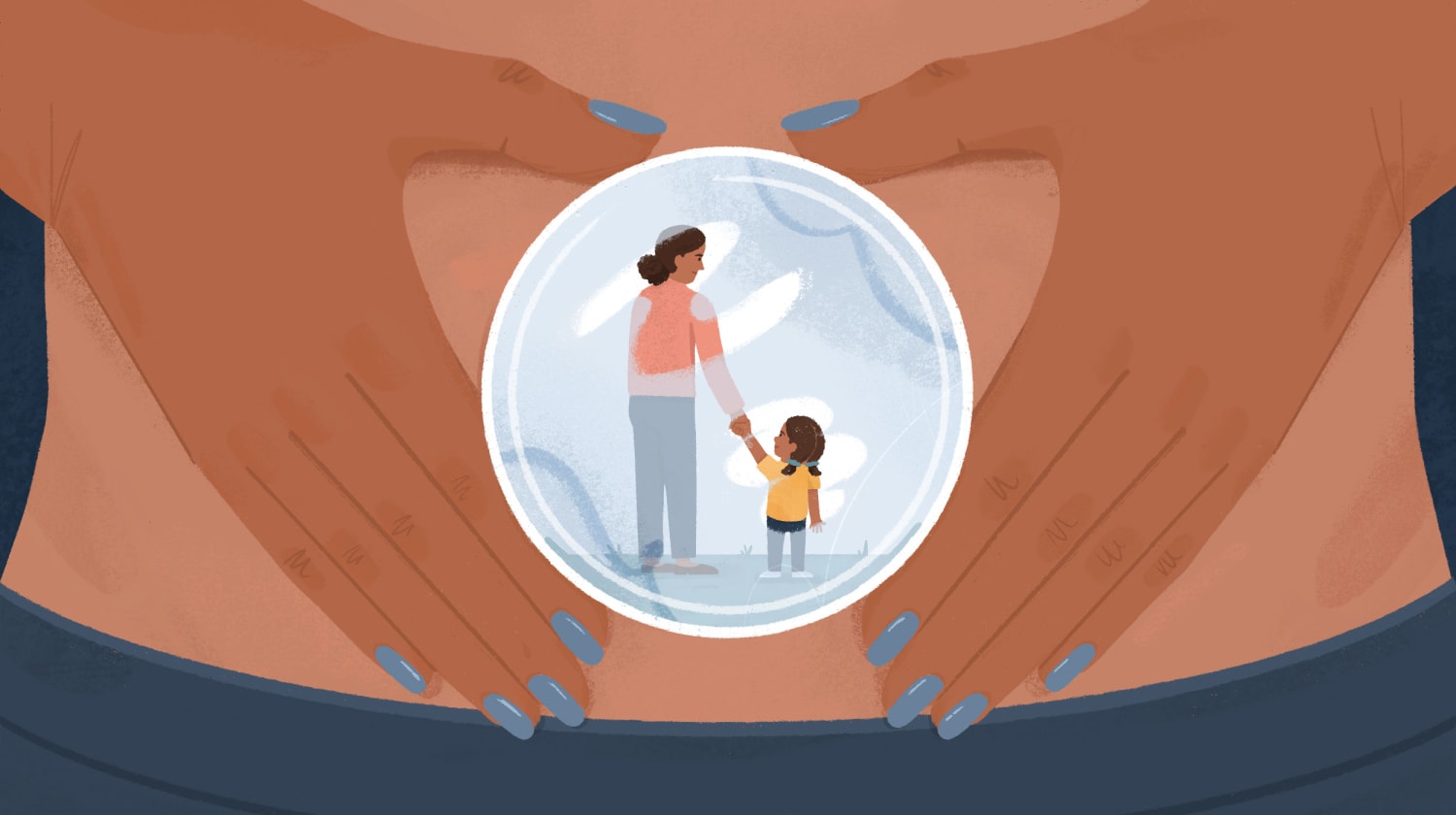
Egg freezing and gender roles
Infertility, especially among women, has strong negative social connotations, including heavy stigma. At the same time, the current economic and social system punishes women who start a family, which can be detrimental to their outcomes in the labour market, due to a variety of reasons, which include gender discrimination, lack of shared parental leaves, insufficient child care facilities, etc.
Thus, egg freezing may present itself as a viable alternative for women who wish to ‘have it all’, and allow them greater control over their reproductive choices. This also allows them more time to seek a suitable partner without dreading the ticking of their biological clock, perhaps providing a peace of mind of sorts. Researchers from the Centre for Reproductive and Genetic Health argue that “Women should no longer be punished with childlessness for not finding a partner, nor should they feel pressured into a relationship because of their declining ovarian reserve.”
the high profitability of egg freezing and the implication of commercialising fertility and women’s reproductive tissues must be taken note of. Pharmaceutical companies and doctors with tie to the fertility industry benefit from the pressure women face to delay childbirth, regardless of their personal motivations. This is a growing for-profit industry and is largely unregulated, with every young woman viewed as a potential client. The implications of this commodification need to be strictly examined, especially in the larger framework of feminist reproductive politics
However other feminist researchers have argued against the ethics and implications of promoting social egg freezing. The rhetoric of ‘having it all’ in the narrative surrounding the procedure simplifies the real complications and risks with the procedure. Media tends to glamorise the procedure, accentuating the ‘stopping time’ narrative, creating a sense of urgency for women and individuals who would like to give birth. That description can also emphasise the responsibility of women to bear children, generating some moral imperative to ensure that they have the option to do so and thus, engage in social egg freezing.
Tied into that is also a concern of reinforicing gender ideologies that associate fertility with womanhood and emphasising biological mothering. Underscoring the primacy of genetic offspring could have adverse implications on the social acceptability of adoption and adoptive families.

Egg freezing provides a biotechnological solution to young women and potential birth givers seeking delayed childbearing and presents itself as an individual choice, without examining the social and structural issues that impact a family. Scholars have argued that instead, more women would be empowered by socio-economic and institutional changes such as better parental leave, access to affordable childcare, and comprehensive health insurance benefits.
Moreover, the high profitability of egg freezing and the implication of commercialising fertility and women’s reproductive tissues must be taken note of. Pharmaceutical companies and doctors with tie to the fertility industry benefit from the pressure women face to delay childbirth, regardless of their personal motivations. This is a growing for-profit industry and is largely unregulated, with every young woman viewed as a potential client. The implications of this commodification need to be strictly examined, especially in the larger framework of feminist reproductive politics.
Thus, with all the controversies and debates surrounding egg freezing, it is imperative that women and individuals who wish to exert autonomy over their reproductive choices through this procedure must have all the information available to them, including costs, risks, and viability, all within the broader framework of reproductive health and politics. They must also be aided by parallel social and institutional frameworks that support parenting. Only then, can informed choices be made.
Featured Image Source: NBC News
About the author(s)
Aradhana Choudhury is an aspiring policymaker. She is currently pursuing herMaster’s in International Development and is seeking to apply intersectional learningto development strategies. She has a keen interest in development research, policyanalysis, and gender. She hopes to support tangible impacts towards gender equalityand equity, with community participation at the forefront.Aradhana also has a keen interest in history and heritage studies and has worked toexpand the interest of general audiences in the history of a place
